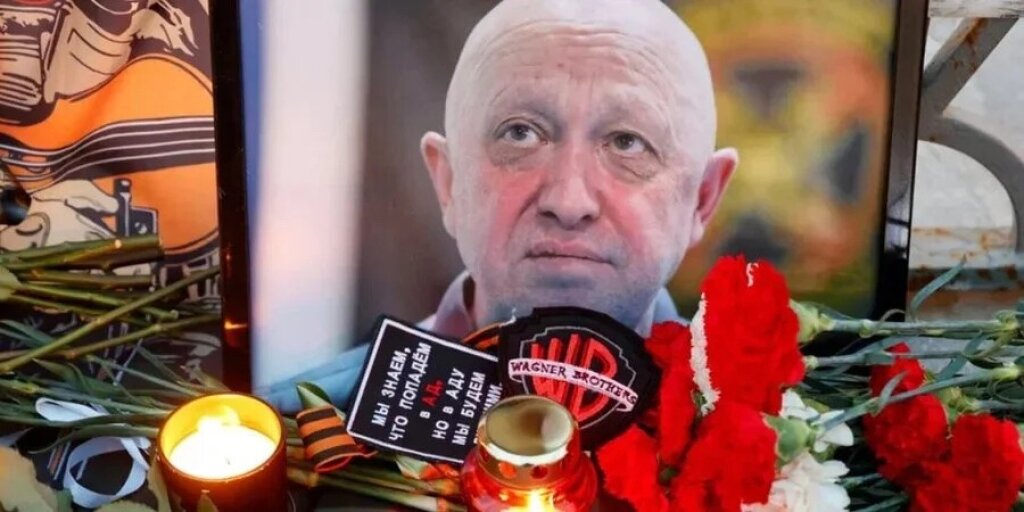This is Part One of a five-part series on the question of Russia and "fake news" by Vasily Gatov, who is a USC Annenberg Visiting Fellow.
What a bitter and disappointing experience it is for a Russian expert or scholar to read and watch the American media’s discussion of Putin’s meddling, hacking and spying. A few months ago, Duke Professor Ellen Mickiewicz, a leading authority on Russian media and politics, summarized our professional grievances on Facebook: addressing the issue of the one-sided, overhyped coverage of the subject, Mickiewicz wrote: “I have not encountered a situation like this in the past, where the field of discourse is so narrow and most outlets agree on one view only. It's fine if it's backed by evidence. But, alas, that's not true”.
If Russia supposedly employed “fake news” as a political weapon against the national integrity of the United States, it is totally wrong to do the same in response – even if the response is not meant to go beyond domestic discourse. The American mass media is a global power; it will inevitably produce waves of laughter, fear, anger and disappointment worldwide. From a scholarly or journalistic perspective, suspicion or belief are not evidence; in political science and media studies as well is in intelligence studies, we must conduct complex multifaceted research that brings together the context, the documents, personal accounts and disclosures – and even then avoids generalization while allowing the benefit of a doubt.
After almost a decade of neglect, “Russian affairs” have became a hot topic taken up by writers who lack the proper expertise or necessary restraint; these are primarily people who have no personal knowledge or even interest in Russia (not to mention knowledge of the Russian language, which should be a requirement for qualified participation in the discussion on “Russian affairs”), such as “national security correspondents” and “investigative journalists”. As “Russian affairs” reek of espionage, they also have attracted multiple celebrity ex-spies and spy hunters who are accustomed to viewing Russian intelligence agents through Cold-War-tinted glasses.
And, finally, as the topic got digitized through the discovery of the use of the social media, even more experts jumped on board, armed with Big Data tools and weapons. This last group brings something essentially beautiful to the discourse: fabulous graphs and charts that supposedly demonstrate the deadly hybrid non-linear twitter Facebook google warfare waged by “those Russians” on the otherwise bright and clean terrain of the American presidential race. Moreover, a computer-centric approach brings a large and growing number of “silver bullet tools” to put an end to Russian propaganda and fake news offensives once and for all. Meanwhile, Twitter and Facebook repent before an American public menaced by nefarious RT advertising, the Congressional hearings go on – but nothing changes, and people on the opposite political flank are only laughing and tirelessly repeat “fake news, failed media”.
Sometime this spring one respected magazine that covers international relations had asked me for an opinion piece on Russian hacking, meddling and propaganda. As I was already angered by the incompetent, shallow and sometimes unnecessary sensationalist coverage of the subject, my sardonically-toned essay deconstructed a typical “Russian affairs” article – listing all required elements and underlining (propaganda) tools used to get such a piece through editorial ranks. Needless to say, the opinion editor rejected the submission; when I asked some journalist colleague of mine what caused this reaction, he – himself a hybrid warrior on multiple fronts including Russian (in which he has no insight besides the deep conviction that Putin is Dr.Evil) – ridiculed me for both clumsy English (my sin!) and for bringing “personal knowledge and experience to a subject where we should rely on the authoritative opinion of US intelligence community”. Period.
Once again – this is not the impassioned grievance of some disrespected Russian émigré; nor was this text satirical. I am really concerned with the issue; besides my own personal connection (I worked in what is now considered “propaganda /fake news/ Russian operations” for years), I was doing research on the danger of political botnets over a decade ago, and wrote about the dangers of a self-censorship that provides a breeding ground for fake news. By no means am I in denial about Putin’s aggressive intentions and ugly methods. Nor am I a useful idiot who calls for “realism-based understanding of Russian intentions and geopolitical desires”. But for sanity’s sake, I need to address the issue (actually, multiple issues), now more than ever.
PBS Frontline’s comprehensive, multipart documentary “The Putin Files” exemplifies the trend I personally fear. It is a highly professional, exceptional work that engages hundreds of sources with seemingly relevant expertise. Questions asked and answers given by people who appear calm and wise. The Russian perpetrators are so far represented by an obscure retired KGB spokesman Alexander Mikhailov, and the even more obscure Russian Senator Sergey Klimov, who chairs the “Commission on Western Meddling into Russian Domestic Affairs.” Both vehemently deny everything, while fearlessly defending Russia’s own right to retaliate for all the past humiliations perpetrated by the US. Needless to say, the retired US Intelligence Community is all there. So far, the authors haven’t asked James Clapper the question that every expert considers the most important: who, besides him and President Obama, is responsible for what – supposedly – happened with 2016 elections? I still entertain some hope that might explain the subject beyond a statement that sounds like a perfect “confusion tweet” – “I don’t know that, but it’s certainly a plausible hypothesis”.
To be honest, this year-long hysteria reminds me of a crass Russian joke that circulated during the years when Latin American telenovelas and American soap operas proliferated on former Soviet television. An old granny walks into a pharmacy and asks for “diapers and napkins”. – Do you have a grandchild? – asks the attendant. – No, just a TV set, - answers the babushka, - But I can’t stop crying and have no time to go to bathroom because the episodes are so captivating…
Tomorrow: Part Two: Fearless Hybrid Defense



